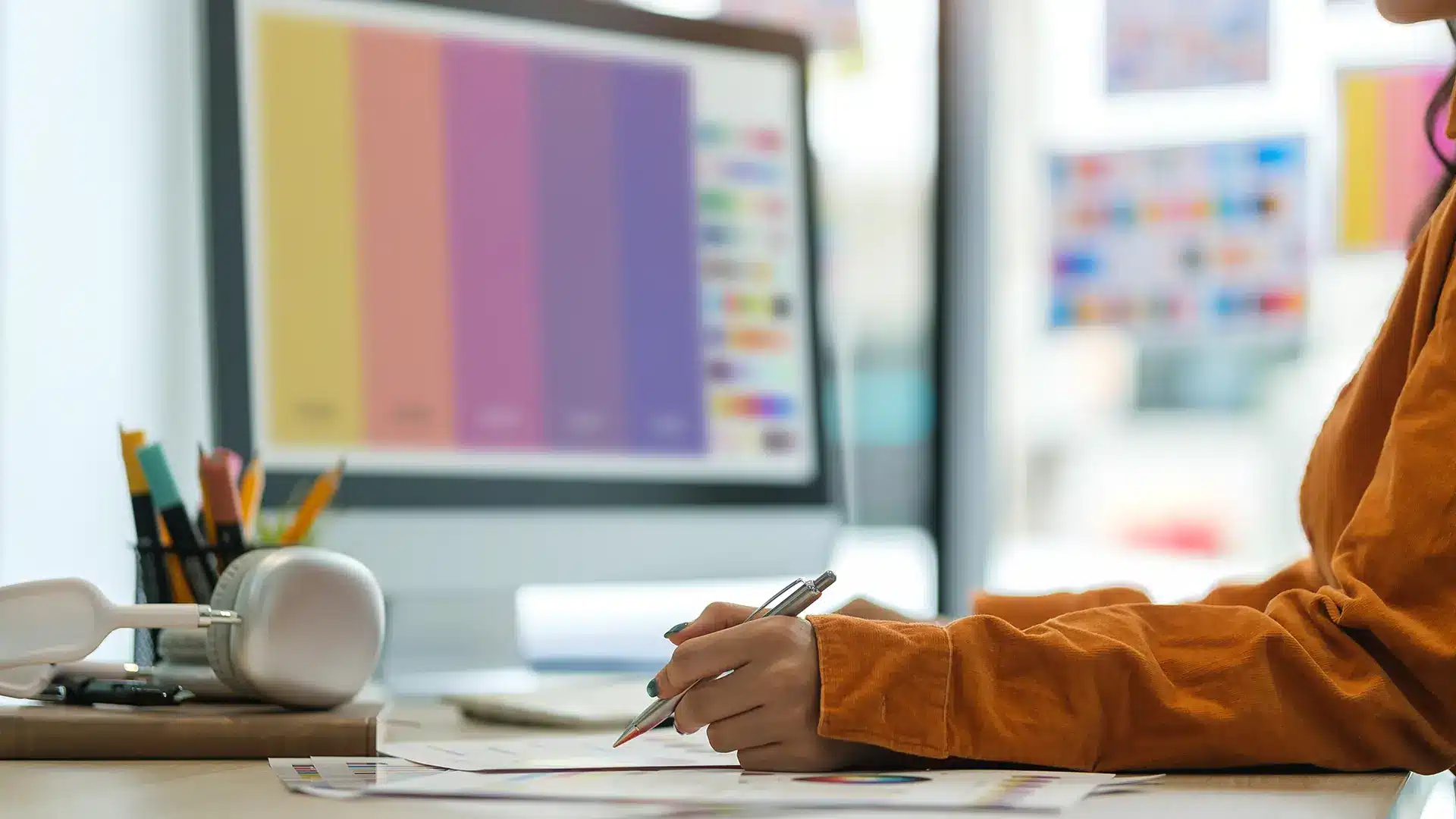First things first:
- Assign clear roles and responsibilities
- Create a detailed timeline
- Use organizational tools to simplify tasks
- Have fun and reward yourselves!
All students know the feeling: when a group project is announced as part of the coursework, a collective groan ripples through the lecture hall. If the team dynamics are off, it can be a major source of stress. After all, where people work together, there’s always potential for conflict. However, by following a few key principles, group work can run smoothly — and even be enjoyable! In this article, we’ll share valuable tips for effective teamwork.
- Assign Clear Roles and Tasks: Only those who know exactly what they’re supposed to do can work effectively. During your first meeting, take the time to divide the tasks. Be as specific as possible about what each task involves. Consider individual strengths and assign responsibilities in a way that everyone feels comfortable and confident.
- Set Deadlines: Clear deadlines provide structure and leave little room for procrastination. Nothing jeopardizes your results more than constant delays. Agree on a timeline right from the start and share it with all team members — this way, there’s no room for lazy excuses!
- Appoint a Moderator: Few things are worse than endless, unproductive meetings where everyone talks over each other, and nothing gets accomplished. To avoid this, assign a moderator at the beginning of each meeting. This person guides the discussion and ensures everyone has a chance to contribute.
- Hold Regular Meetings: Regular check-ins are crucial to keep everyone on track and to provide updates on progress. Make these meetings a priority to maintain momentum in your group project.
- Use Organizational Tools: Take advantage of free online tools for collaborative work on documents, to-do lists, and virtual whiteboards. This keeps everyone aligned and prevents your WhatsApp group from becoming overloaded with unnecessary messages.
- Reward Yourselves: Motivation skyrockets when there’s a shared reward, like going out for a meal after a successful meeting or passing your exam. Plus, spending time together outside the project fosters stronger team bonds and helps you get to know each other better.
Group projects may be demanding and time-consuming, but they serve a crucial purpose in academia and offer numerous benefits.
In the professional world, teamwork is often indispensable. Collaborative assignments at university help you develop essential skills such as teamwork, communication, and conflict resolution.
Engaging in discussions with others deepens your understanding of the subject matter and enhances your learning experience. Group work is also a great opportunity to discover new perspectives.
Moreover, it allows you to cultivate social skills like empathy, tolerance, and respect for differing opinions. These competencies are not only vital in academic settings but also in daily life and professional environments.
Participating in group projects also fosters self-reflection and personal growth. You’ll gain insight into your strengths and weaknesses, refine your skills, and learn how to function most effectively within a team. This self-awareness not only contributes to academic success but also promotes personal maturity and a proactive approach to future challenges — whether in your career or other areas of life.
Group projects require time, commitment, and solid organization. By applying the tips shared earlier, you can ensure a smooth collaboration and achieve excellent results together. Use this opportunity not only to expand your academic knowledge but also to develop invaluable teamwork and communication skills. And don’t forget to have fun along the way!
Do you like our magazine? Then sign up for our GRIN newsletter now!








